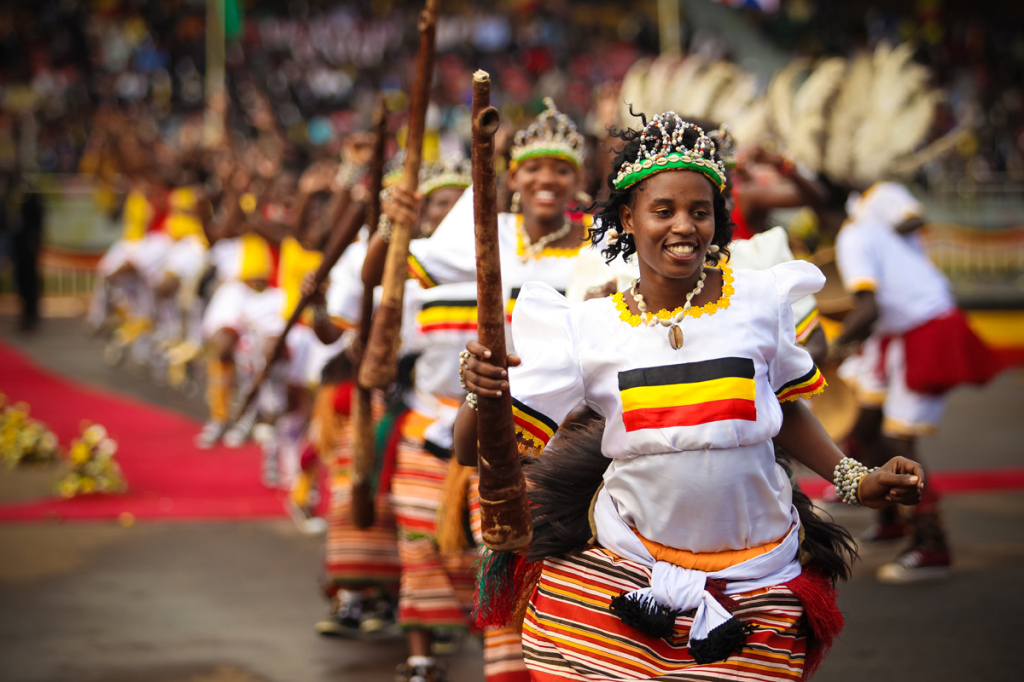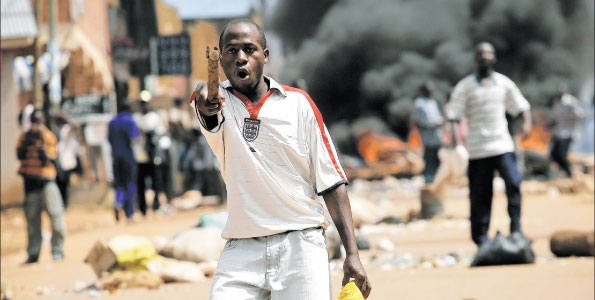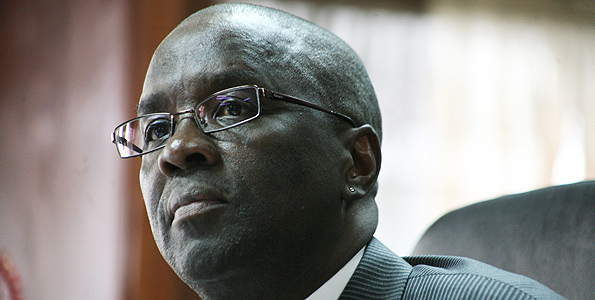I had not read James O’Connell’s 1967 essay on the “Inevitability of Instability” in African post-independence settings until this weekend. In broad brush O’Connell puts into clear perspective some of the situations this blog has tried to be a curator of, albeit from the lens of one journalist and one country. There are few political homes, outside ethnicity, that organized politics can make its bed. Ethnicity is the nesting place for individual political careers, where support is kept warm like fragile eggs in the so-called home district or home region. Until they become the golden eggs of the ethnic goose to be protected by national institutions upon the assent to power of one group or another that is.
O’Connell reflects on this and the missed opportunities of hurried de-colonization from which emerged a situation where mature politics was, according to him, impossible. One aspect he explores is how incompetent and utterly unprepared the post-colonial African politician was for “national” politics. The stain, and in some ways the necessity, of “tribalism” to the lawful mobilization of competitive political support has created many distortions not least violent civil war and worse. Following our last post on how urban protest is ethnic competition given political meaning in Uganda the debate has continued. One of those whose career has been imperiled, along with that of the Kampala Mayor and several other journalists is Chris Obore the show host and head of investigative journalism at the Daily Monitor.
Following a post on how ethnic Banyarwanda were the bane of national problems in Uganda, a familiar refrain, the newspaper has announced some sort of internal review of that post.Banyarwanda Post Obore
His supporters or those who support his views have weighed in. On social media there is a split. Others have simply dismissed his post as hate speech (see ex-President Geoffrey Lukongwe Binaisa’s equally unsavory take on the issue during the chaos of 1994.)
Obore has claimed his FB account was hacked but many familiar with his past analyses will no doubt disagree. Earlier I learnt that he might be leaving NTV’s 4th Estate where I have been a co-panelist with him- permanently (I will not be returning to the show myself in the new year). The construction of the argument on ethnicity itself is problematic, not just for gatekeepers of the news or politicians, if only because seeking ethnic harmony through democratic institutions was always going to be problematic.
My view is that post-colonial African leaders (ala O’Connell) despite winning independence did not reconstruct and re-define the state or the political institutions they inherited. They instead accepted to be defined by them. It is the classic Weber-ian trap. Where colonial geography had mutilated ethnic settlements and reconstructed them as ties of citizenship were left unresolved- even as nationalists fought amongst themselves to say who belonged or who did not belong.
The ideas of the state, of nationalism and patriotism were all inherited. In some ways they are administered in the international system as some sort of patent owned by the colonial system that retreated. When we err, we are punished. Sanctions are imposed. Our own intellectual tradition is based on this patent agreement. International institutions police it and locally legitimacy is sought as the nearest interpretation of how these rules are applied ( or as O’Connell references is problematic in the way that ” men trained to play draughts are led to make those same moves in a game of chess, and that the result is neither chess nor draughts”). This is of course not to argue that it was a bad inheritance. O’Connell would say it was an inheritance that was bound to be badly managed.
The worst examples coming out of these contradictions is the mayhem in eastern DRC and its roots in the Rwanda situation of the 40’s, 50’s and 90’s. Many others have mined the depths of this. But like other situations contemporary politics often turns a blind eye to addressing ethnic core of the problem choosing instead to deploy post-modernist language of citizenship, equal rights, human rights and nationalism against it. Perhaps no nation in the Great Lakes has suffered as much as the Banyrwanda from these contradictions and subsequently suffered with the rest of the East African community.
Sometime back I ran into William Bahemuka, a cleric who is currently the Bishop of the Diocese of Boga in eastern DRC. I was getting ready to go to a radio show when he walked in, bespectacled, in a red t-shirt, in a café in downtown Kampala. Bahemuka, who is what I would call Congolese-Ugandan or the other way round, had accompanied his son who is starting university in Uganda. He too had grown up and studied in the country before he took on the holy orders. Bishop Bahemuka, a short man, who laughs a lot, speaks more than 6 local “Ugandan” languages, besides French, English, Swahili and Lingala. The last time we met was in Hoima where I had gone to facilitate a discussion of cross-border issues in the areas where Ugandan and Congolese oil is due to be exploited. It conincided with a royal event for the Omukama of Bunyoro. The Bishop surprised the Banyoro attending one of the parties for their Kingdom’s anniversary by speaking eloquently in that “mother tongue”.
It turns out however that the Bishop traces his ancestry along the border area to a cluster of clans related to the Banyoro. His story is not unusual. His language skills aside many “tribes” along the common border have ties on both sides. They belong to communities who had formed complex political relationships before these were broken up and reformed into modern national borders.
After all the entire border is simply geography not history. The border, however, is how power has been defined and competed for.
Many people are as multi-polar as the Bishop. No community is or can be pure (despite the experimentation of some of our worst leaders). And no purity certainly not based on nationalism fashioned out of artificial borders aught to be required.
In the new state of South Sudan senior officials speak the same mother tongue that I do. Or for that matter former Kenyan VP Moody Awori whose brother Aggrey Awori ran for President in Uganda. Ideas about nationalism or even pan-Africanism may not adequately address this issue as an ongoing and continuous crisis in most African countries. That requires domestic political arrangements that allow for truth telling and intellectual honesty.
What is emerging today is that poor economic management (weighed down by patronage politics) is creating additional problems in African towns and cities where national politics has turned into a game of “anger management”. The type that Gidi Maji Maji sort of put to song unbwogable that became the campaign slogan for the Raila/Kibaki campaign against Moi in 2002 (and fell apart in 08).
In any event the think tank I co-founded attempted to address the Ugandan version of this issue empirically ahead of the 2011 elections. Few read the study but I have found it useful to return to and be surprised by it. Read for yourself.










